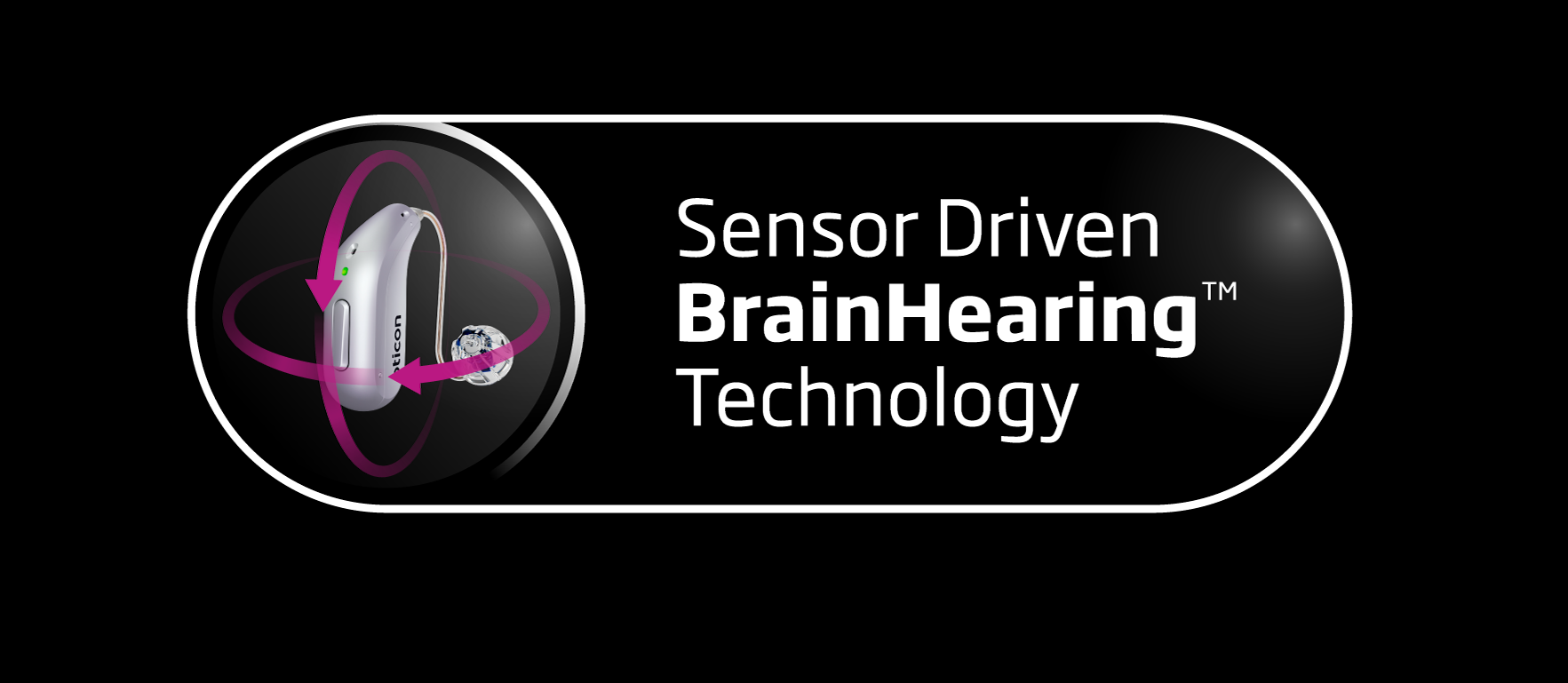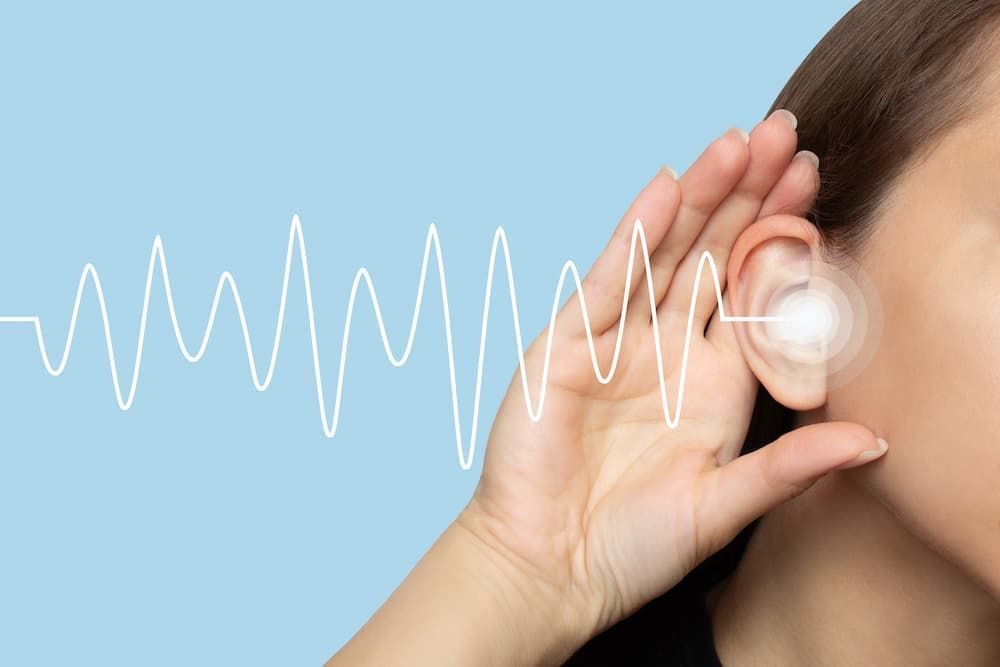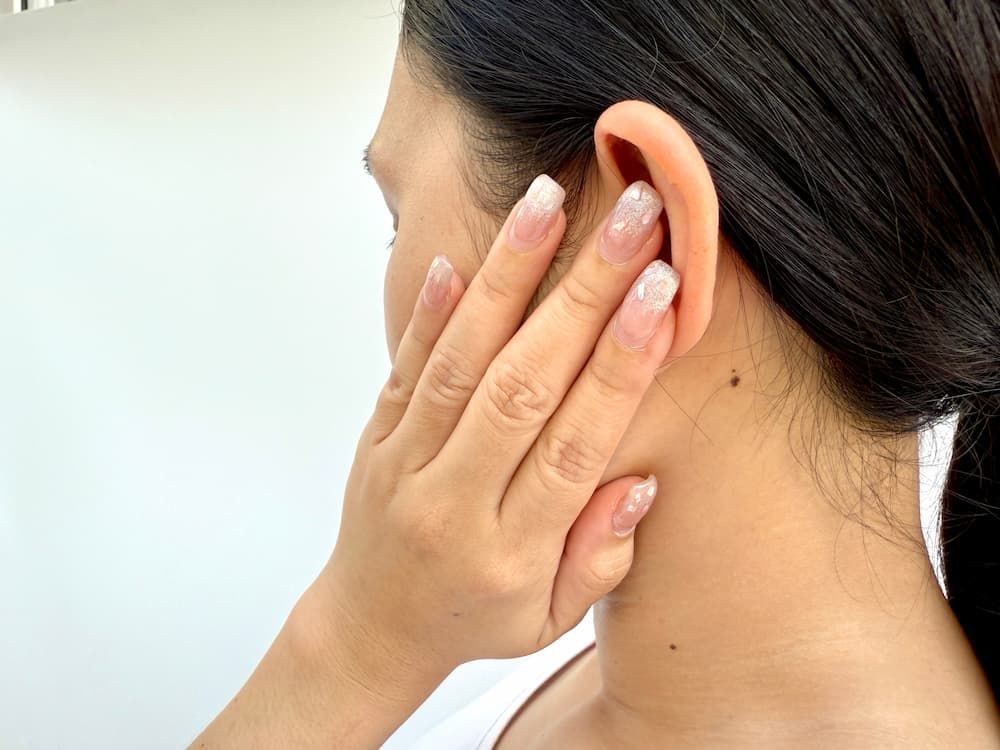Finding Tinnitus Sound Relief: Therapies, Devices & Sound Masking

Experiencing tinnitus can have a deeply negative impact on life. As this condition can be difficult to diagnose and treat, finding relief can be overwhelming and may require a combination of medical treatments and lifestyle changes. In this blog post, we will discuss various treatment options for tinnitus and offer advice on how to find tinnitus sound relief.
Understanding Tinnitus: Unraveling the Mystery
To effectively manage your symptoms, it is crucial to understand the intricacies of this condition. Tinnitus, often referred to as a phantom sound that only the individual experiencing it can hear, can take on various forms, including ringing, buzzing, hissing, or even roaring sounds. While it may seem like a mystery, there are many underlying factors and probable causes that contribute to its onset and persistence.
One of the main culprits behind tinnitus is exposure to loud noises, whether from listening to music at high volumes, working in noisy environments, or attending concerts without proper ear protection. In these instances, the delicate hair cells in our inner ears can become damaged, leading to the perception of tinnitus. Additionally, certain medical conditions, such as ear infections, earwax blockages, or age-related hearing loss, can also trigger the onset or exacerbation of tinnitus.
Understanding the psychological and emotional aspect of tinnitus is equally essential. Tinnitus can be mentally draining, causing stress, anxiety, and even depression for those who live with it. The constant presence of these phantom sounds can make it difficult to focus, concentrate, or even enjoy peaceful moments. By unraveling the mysteries surrounding tinnitus, we can begin to address the underlying causes and develop strategies to mitigate its impact on our well-being.
Furthermore, it's important to recognize that tinnitus affects individuals differently. While some may experience mild, intermittent episodes, others may have more severe and persistent symptoms. The wide range of tinnitus experiences highlights the importance of tailoring treatment approaches to meet each person's unique needs.
Proven Methods to Relieve Tinnitus Symptoms
Through education and awareness, we can dismantle the mystery surrounding tinnitus and empower ourselves to seek effective relief.
When seeking relief from tinnitus, it's crucial to consult with a healthcare professional who specializes in audiology or otology. These experts can help identify any underlying medical conditions or lifestyle factors that may be contributing to the symptoms. By addressing these factors, it is possible to reduce its impact on daily life.
Additionally, developing healthy lifestyle habits can play a significant role in managing tinnitus symptoms. Regular exercise, a well-balanced diet, and adequate rest can all contribute to overall well-being and may have a positive impact on tinnitus. Proper stress management techniques, such as meditation or deep breathing exercises, can also help alleviate the emotional and physical burden associated with tinnitus.
Many individuals find relief from tinnitus by using sound therapy. This approach involves using external sound sources to mask or distract from the internal noise. White noise machines, nature sounds, or even low-volume music can be effective in providing temporary relief and promoting relaxation. Some individuals also find comfort in wearing hearing aids or using wearable sound masking devices that provide customized sound therapy.
Furthermore, some studies suggest that certain complementary therapies, such as acupuncture, hypnosis, or cognitive behavioral therapy (CBT), may help manage tinnitus symptoms. These therapies aim to reduce stress, improve coping mechanisms, and promote a positive mindset towards tinnitus.
Therapies and Techniques for Tinnitus Relief
Acupuncture, for example, involves the insertion of thin needles into specific points on the body to rebalance the energy flow. While the exact mechanism of how acupuncture relieves tinnitus symptoms is still not fully understood, some individuals have reported a reduction in the intensity and frequency of their tinnitus sounds after undergoing acupuncture sessions.
Cognitive behavioral therapy (CBT) is a form of therapy that helps individuals identify and change negative thought patterns and behaviors. By addressing the psychological and emotional aspects of tinnitus, CBT can help reduce stress, anxiety, and depression often associated with the condition. This, in turn, may alleviate the perceived intensity of tinnitus sounds and improve overall well-being.
Relaxation techniques, such as deep breathing exercises, progressive muscle relaxation, or yoga, can help reduce stress and promote a sense of calm. Mindfulness practices, such as meditation or mindful listening, encourage individuals to be present and non-judgmental of their tinnitus sounds, fostering acceptance and a more positive mindset.
By exploring these therapies and techniques, individuals can take meaningful steps towards finding peace. In the next section, we will delve deeper into specific lifestyle changes that have shown promise in providing relief for tinnitus sufferers – further empowering individuals to take control of their tinnitus journey and improve their quality of life.
Lifestyle Changes that Bring Peace and Quiet
One lifestyle change that can greatly impact tinnitus is adopting a healthy diet. Research has shown that certain foods and nutrients can influence the severity of tinnitus symptoms. Cutting back on caffeine and alcohol may help reduce tinnitus intensity, as these substances can exacerbate the condition. Additionally, incorporating more antioxidant-rich foods into your diet, such as fruits, vegetables, and nuts, may have a positive effect on tinnitus. These dietary changes can support overall well-being and potentially alleviate the discomfort caused by tinnitus.
Regular exercise is another lifestyle change that can contribute to calming tinnitus. Engaging in physical activity releases endorphins, which function as natural painkillers and mood boosters. This can have a direct impact on tinnitus, as stress and emotional factors often play a role in its exacerbation. Whether it's going for a brisk walk, practicing yoga, or taking up a new sport, finding an exercise routine that suits your interests and abilities can help alleviate tinnitus symptoms and promote a sense of calm.
Managing stress levels is crucial for anyone seeking relief from tinnitus. Stress has been known to increase the perception of tinnitus and make it more bothersome. Incorporating stress-reducing activities into your daily routine can make a significant difference. This might involve engaging in hobbies or activities that bring you joy, such as painting, playing a musical instrument, or spending time in nature. It could also mean practicing relaxation techniques like deep breathing exercises or scheduling regular self-care activities like massages or baths. By prioritizing stress management, you can create a peaceful environment for yourself and potentially reduce the impact of tinnitus on your daily life.
Additionally, using devices like sound machines or fans can provide background noise that can help mask tinnitus sounds, promoting a more serene atmosphere.
By taking control of your diet, exercise routine, stress levels, and living environment, you can enhance your well-being and potentially alleviate the impact of tinnitus on your life.
Though tinnitus can be a difficult condition to treat, there are a variety of treatments available to provide relief. With the help of your doctor, explore the different treatments that may help alleviate your tinnitus, incorporate lifestyle changes that can provide relief, and remember to take care of yourself with regular exercise and relaxation.
It is important to understand that there are treatment options, lifestyle changes, and sound therapies that do offer relief. Remember, action is key. Take the first step today towards a life free from the intrusive sounds of tinnitus. As Benjamin Franklin once said, "Well done is better than well said." So don't just read about it—implement these strategies and experience relief.











